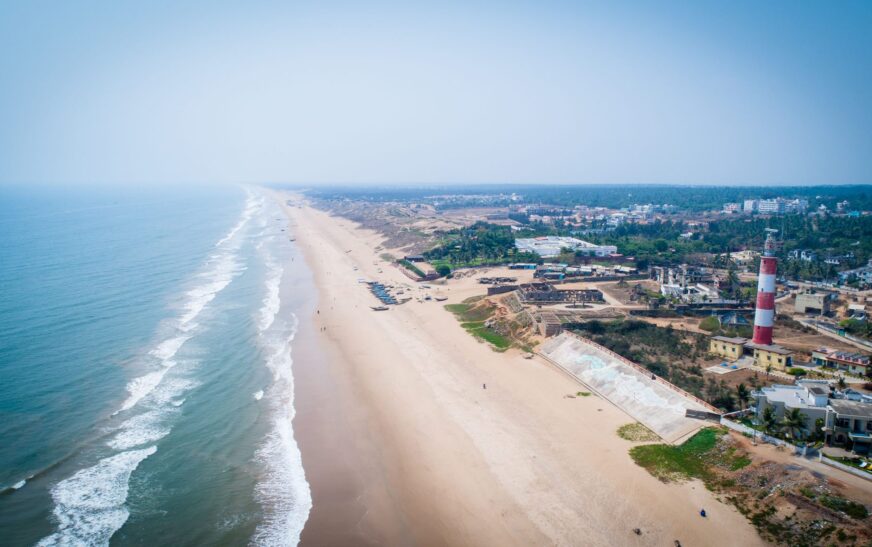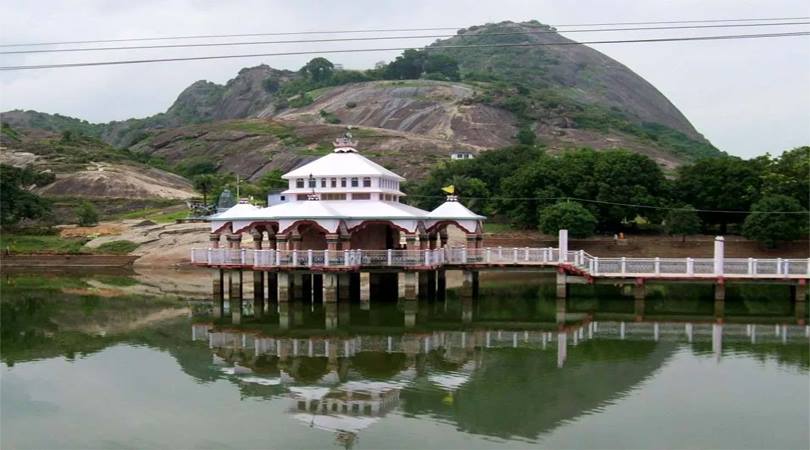Agartala, Tripura City Guide: Where To Go, Stay, Eat, And shop in India’s best city.
Agartala is the capital city of the northeastern Indian state of Tripura. Nestled near the border with Bangladesh, Agartala is a vibrant city known for its rich cultural heritage, historical significance, and natural beauty. It serves as the political, economic, and cultural hub of Tripura and is one of the fastest-growing cities in Northeast India. Here’s an overview of Agartala:
Location and Connectivity
- Geographical Position: Agartala is located in the western part of Tripura, close to the Bangladesh border. It lies on the banks of the Haora River and is surrounded by lush greenery and hills.
- Transport Links:
- Airport: Agartala is connected by the Maharaja Bir Bikram Airport, which operates flights to major Indian cities like Kolkata, Guwahati, Delhi, and Bangalore.
- Railway: Agartala Railway Station is part of the Northeast Frontier Railway and is connected to the Indian railway network. The city is linked to Lumding (Assam) and other parts of the country via the Agartala-Akhaura Railway Line, which also connects to Bangladesh.
- Road: Agartala is well-connected by national highways (NH-8 and NH-108B) to other parts of Tripura and neighboring states. The city also has road links to Bangladesh through the Agartala-Akhaura Integrated Check Post.
Economy
Agartala is the economic center of Tripura, with a diverse economy driven by trade, agriculture, and small-scale industries.
Trade and Commerce:
- Due to its proximity to Bangladesh, Agartala plays a significant role in cross-border trade. The Agartala-Akhaura Integrated Check Post facilitates trade and commerce between India and Bangladesh.
- The city has several markets and commercial establishments, including the GB Market, which is a major shopping hub.
Agriculture:
- The surrounding region is fertile and supports the cultivation of crops like rice, jute, tea, and fruits. Agartala is also known for its bamboo and handicraft products.
Industries:
- Agartala has small-scale industries, including handloom, handicrafts, and food processing. The city is also a hub for traditional Tripuri handloom and handicrafts.
Culture and Heritage
Agartala is a melting pot of cultures, with a rich history and diverse traditions.
Historical Significance:
- Agartala was the capital of the former Manikya Kingdom, which ruled Tripura for centuries. The city has several historical landmarks, including palaces and temples.
- The Manikya Dynasty played a significant role in shaping the cultural and architectural heritage of the region.
Festivals:
- Durga Puja: The most celebrated festival in Agartala, marked by grand pandals and cultural programs.
- Kharchi Puja: A unique festival of Tripura, celebrated with traditional rituals and cultural performances.
- Garia Puja: A tribal festival dedicated to the deity Garia, celebrated with dance and music.
Cuisine:
- Agartala offers a blend of Bengali, Tripuri, and tribal cuisines. Popular dishes include fish curry, bamboo shoot fry, chakhwi, and mosdeng serma.
Tourist Attractions
Agartala and its surrounding areas offer several cultural, historical, and natural attractions:
- Ujjayanta Palace: A stunning royal palace built by Maharaja Radha Kishore Manikya in 1901. It now serves as the Tripura State Museum and houses artifacts, sculptures, and paintings.
- Neermahal: A beautiful water palace located in the middle of Rudrasagar Lake, about 50 kilometers from Agartala. It is a major tourist attraction.
- Tripura Sundari Temple: One of the 51 Shakti Peethas, located in Udaipur (about 55 kilometers from Agartala). It is a revered pilgrimage site.
- Jagannath Temple: A historic temple dedicated to Lord Jagannath, known for its annual Rath Yatra.
- Heritage Park: A cultural park showcasing the traditional huts, artifacts, and lifestyle of Tripura’s tribal communities.
- Sepahijala Wildlife Sanctuary: Located about 25 kilometers from Agartala, it is home to diverse flora and fauna, including the spectacled langur.
- Kamalasagar Kali Temple: A scenic temple located near the Bangladesh border, offering panoramic views of the surrounding landscape.
Education and Healthcare
- Educational Institutions: Agartala is home to several schools, colleges, and universities, including Tripura University, National Institute of Technology (NIT) Agartala, and Agartala Government Medical College.
- Healthcare: The city has well-equipped hospitals and healthcare centers, providing quality medical services to residents.
Challenges
- Infrastructure: Rapid urbanization has led to challenges like traffic congestion, waste management, and pollution.
- Connectivity: Despite improvements, connectivity to other parts of India remains a challenge due to the city’s geographical location.
- Flooding: Agartala is prone to flooding during the monsoon season due to its proximity to the Haora River.
Conclusion
Agartala is a city of immense cultural, historical, and economic significance. Its rich heritage, natural beauty, and strategic location make it a key city in Northeast India. With its growing infrastructure, educational institutions, and economic potential, Agartala is poised for further development. Efforts to address challenges like urbanization and connectivity will ensure sustainable growth for the city in the future.

![Agartala, Tripura City Guide: Where To Go, Stay, Eat, And shop in India’s best city. [Updated-2025]](https://traveloinfo.com/wp-content/uploads/2025/02/Agartala-f.jpg)



![Bangalore, Karnataka City Guide: Where To Go, Stay, Eat, And shop in India’s best city. [Updated-2025]](https://traveloinfo.com/wp-content/uploads/2025/02/bangaloref.jpg)
![Hyderabad, Telangana City Guide: Where To Go, Stay, Eat, And shop in India’s best city. [Updated-2025]](https://traveloinfo.com/wp-content/uploads/2025/02/hydrabad1.jpg)
![Ahmedabad, Gujarat City Guide: Where To Go, Stay, Eat, And shop in India’s best city. [Updated-2025]](https://traveloinfo.com/wp-content/uploads/2025/02/ahemadabad1.jpg)